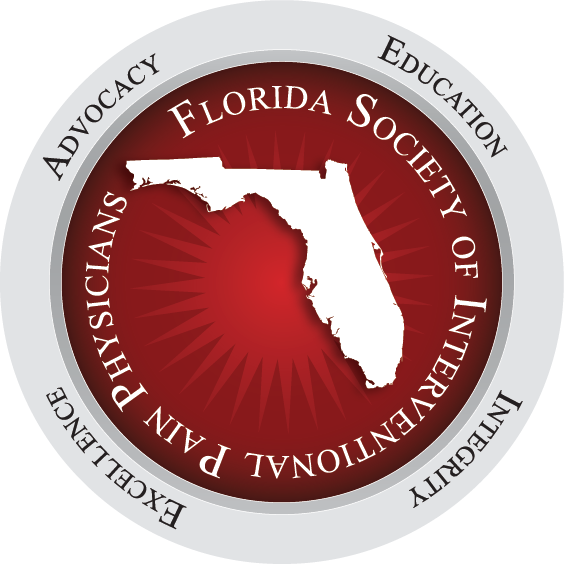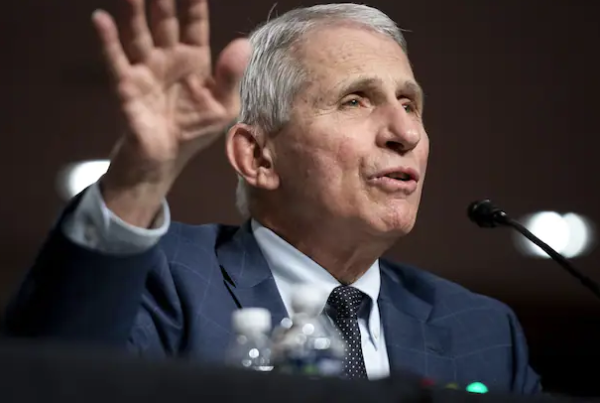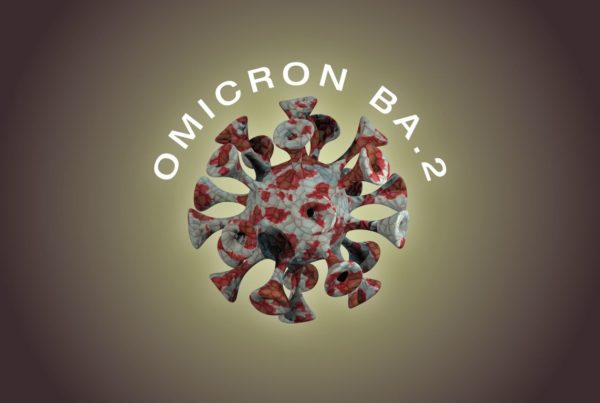The FDA on October 29 authorized the emergency use of the Pfizer-BioNTech SARS-CoV-2 vaccine for children ages 5 to 11 years, making the vaccine the first to be authorized in the US for about 28 million US school-age children. The 2-dose regimen for this younger age group is one-third the dosage given to individuals aged 12 and older (10μg versus 30μg), administered 3 weeks apart. The CDC’s Advisory Committee on Immunization Practices (ACIP) met today and voted unanimously to recommend the vaccine. CDC Director Dr. Rochelle Walensky has signed off on the recommendation. While that scenario will make the vaccine available for some by the end of this week, a White House official on November 1 said the pediatric vaccination program will be “hitting full strength” the week of November 8, after vaccine doses are shipped to pediatrician offices, pharmacies, and other vaccine administrators.
The scientific community’s understanding of natural and induced COVID-19 immunity continues to evolve with the increasing number of vaccinated and recovered individuals. Late last week, the US CDC published a study in its Morbidity and Mortality Weekly Review (MMWR) examining the odds of hospitalization among adults with COVID-19 whose previous infection or vaccination occurred 90-179 days earlier. The study found that the odds of hospitalization were 5.5 times higher in individuals who previously had COVID-19 compared to people fully vaccinated with an mRNA vaccine and no previous SARS-CoV-2 infection. The CDC said the study affirms their recommendation for those who have had SARS-CoV-2 infections to get vaccinated. Throughout vaccination rollouts in the US, some unvaccinated individuals cite their own natural immunity from previous SARS-CoV-2 infection as a reason to avoid vaccination. An essay published in The New York Times on October 28 suggests there should be a strong effort to promote the power of so-called “hybrid immunity,” the protection previously infected individuals get when they are vaccinated. Some research suggests that individuals who have recovered from COVID-19 have a stronger immune response to new coronavirus exposures after vaccination when compared to vaccinated people who had not been previously exposed. In theory, this should allow these groups to have a better immune response to new variants. Overall, the general consensus is that recovered individuals have a lot to gain from SARS-CoV-2 vaccination. A new poll from Axios/Ipsos shows people in the US are confused about SARS-CoV-2 vaccines’ effectiveness. According to the poll, 40% of respondents either don’t believe or don’t know that unvaccinated people are at least 10 times more likely to die of COVID-19. The results show the importance of public health officials underlining that vaccination continues to be the best protection from severe COVID-19 and not equating an individual’s decision to rely on natural immunity as being “anti-vax.” Research continues to explore the benefits of both natural and vaccine-induced SARS-CoV-2 immunity to develop a better understanding of the pathways that lead to more successful antibody responses.
CSSE is reporting 46,140,509 positive cases in the U.S. and 748,173 deaths. DOH reported for the week ending October 28, 3,647,277 confirmed cases in Florida with 59,670 deaths.



